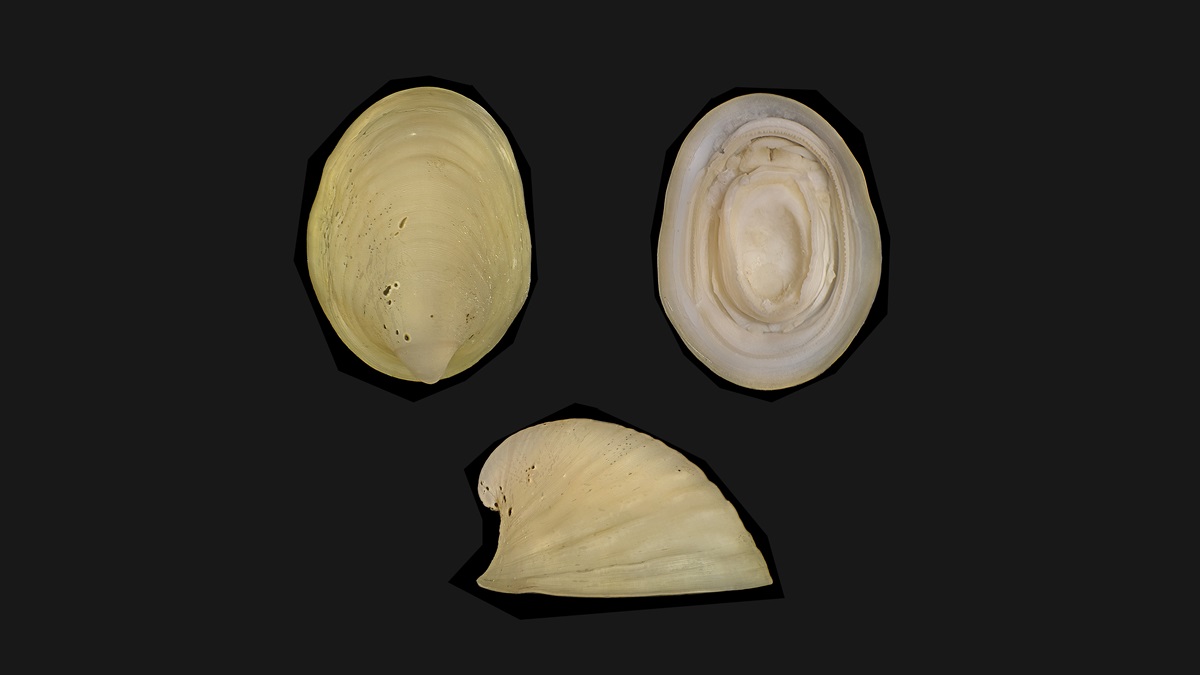Scientists have found 11 previously unidentified marine species – by coming up with a better way to describe them.
The research, published in the Biodiversity Data Journal, aims to tackle the fact that it can take decades before species are named and described. Meanwhile, species are going extinct at record rates due to increased pressures such as climate change and pollution.
It’s estimated that about 2.2 million different species live in our largely unexplored oceans. Only about 242,000 have been described – a little more than 1 in 10.
Many of the undiscovered species are believed to be invertebrates.
The new platform for rapid species identification is called Ocean Species Discoveries (OSD). It is coordinated by the Senckenberg Ocean Species Alliance (SOSA) – a project of the Senckenberg Research Institute and Natural History Museum Frankfurt in Germany.
SOSA aims to speed up discovery, awareness and conservation of marine invertebrate species before they become extinct.
The first application of the new platform saw the discovery of 11 new species. In addition, the publication presents 1 new genus and 1 redescription and reinstatement of a species.
Among the species described thanks to the OSD is the burrowing Cunicolomaera grata – a small crustacean belonging to the amphipod group.
Another is the wrinkly-shelled limpet Lepetodrilus marianae. This creature lives on hydrothermal vents where temperatures can reach 400°C.
Species identification and description is streamlined by speeding up the publishing workflow to the Biodiversity Data Journal. All species data – including images and descriptions are automatically uploaded to the Global Biodiversity Information Facility and the Biodiversity Literature Repository for other researchers to find and use.
“Currently, there’s a notable delay in naming and describing new animals, often because journals expect additional ecological or phylogenetic insights,” says co-author Dr Torben Riehl, a SOSA researcher.
“This means many marine species go undescribed due to lack of data. OSD addresses this by offering concise, complete taxonomic descriptions without requiring a specific theme, refocusing attention on taxonomy’s importance.”
“Only by leveraging the collective strengths of global progress, expertise, and technological advancements, will we be able to describe the estimated 1.8 million unknown species living in our oceans,” adds co-author and fellow SOSA researcher Professor Julia Sigwart.
“Every taxonomist specialised on some group of marine invertebrates is invited to contribute to the Ocean Species Discoveries.”





















Discussion about this post